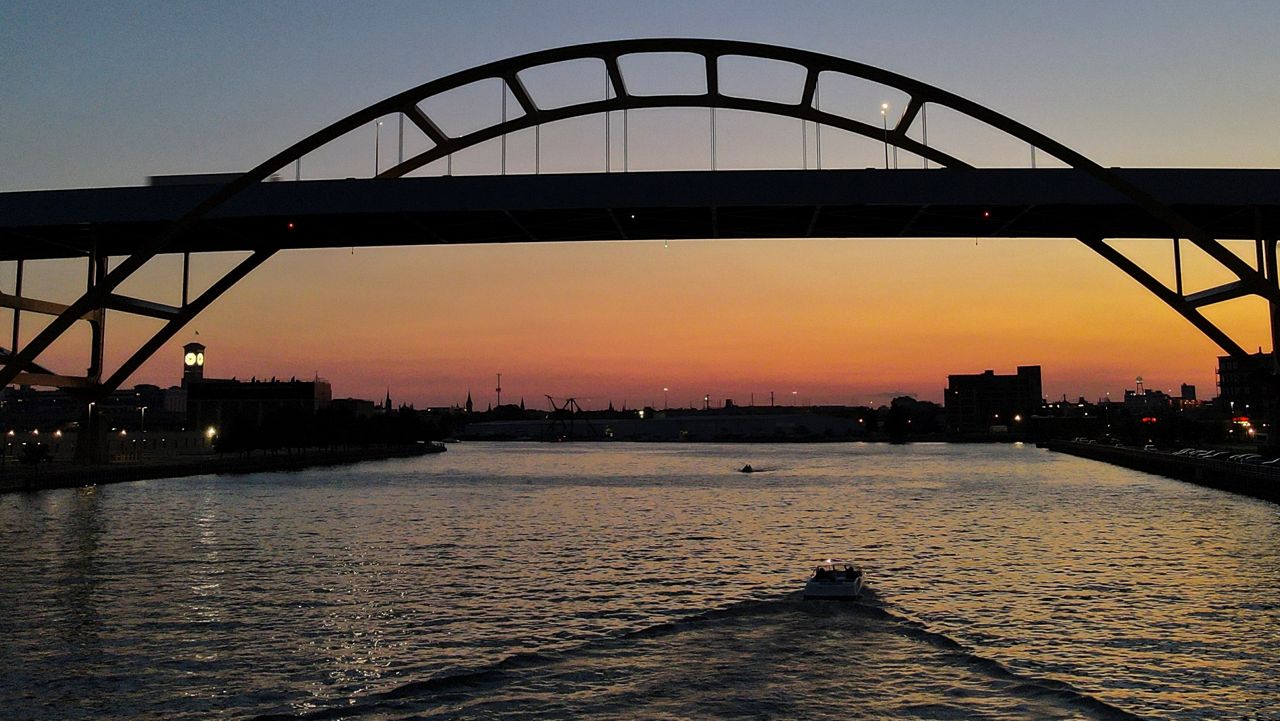MILWAUKEE (AP) — Federal, state and local officials have agreed to spend about $450 million to dredge contaminated sediment from Milwaukee's Lake Michigan harbor and area rivers.
The U.S. Environmental Protection Agency announced Thursday that it will devote $275 million from the Great Lakes Restoration Initiative to the project. The Milwaukee Metropolitan Sewerage District, We Energies, the Wisconsin Department of Natural Resources, the city of Milwaukee and Milwaukee County Parks will contribute another $170 million.
The project calls for removing almost 2 million cubic yards (1.5 million cubic meters) of contaminated sediment from the harbor and 12 miles (19 kilometers) of the Milwaukee, Menomonee and Kinnickinnic rivers.
Industrial activities in the region have left the sediment polluted with PCBs, petroleum compounds and heavy metals, including mercury, lead and chromium, according to the EPA. Removing the sediment will lead to improved water quality, healthy fish and wildlife and better recreational opportunities, agency officials said.
Dredging will likely begin in 2026 or 2027, said Chris Korleski, director of the EPA's Great Lakes National Program Office. The sewerage district needs time to build a storage facility for the sediment, he said.
Congress created the Great Lakes Restoration Initiative in 2010 to fund cleanup projects in the basin. Congress has allocated about $300 million for the program annually. The sweeping infrastructure package that cleared Congress in 2021 pumps about $1 billion into the initiative over the next five years, making the Milwaukee project possible, Korleski said.



